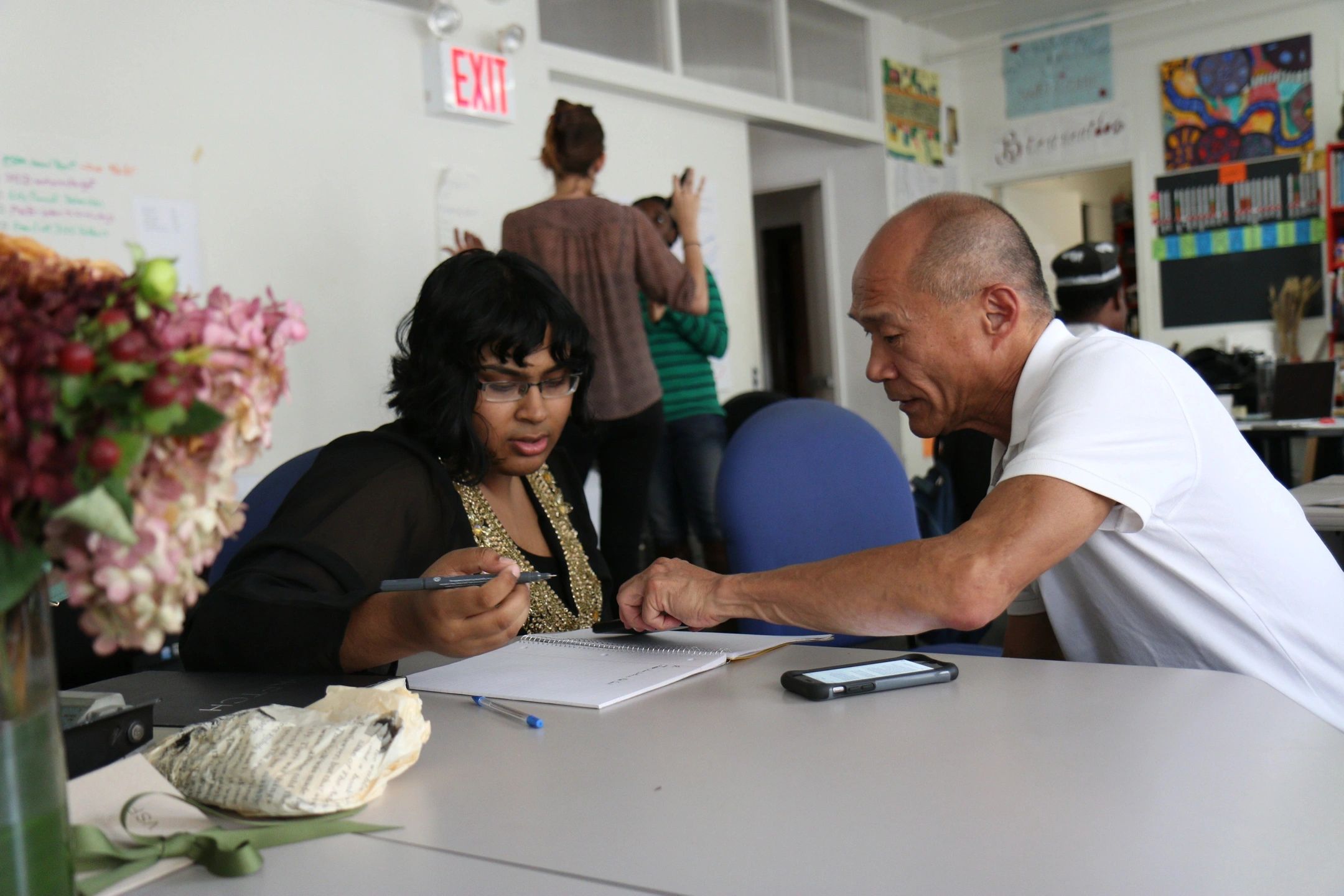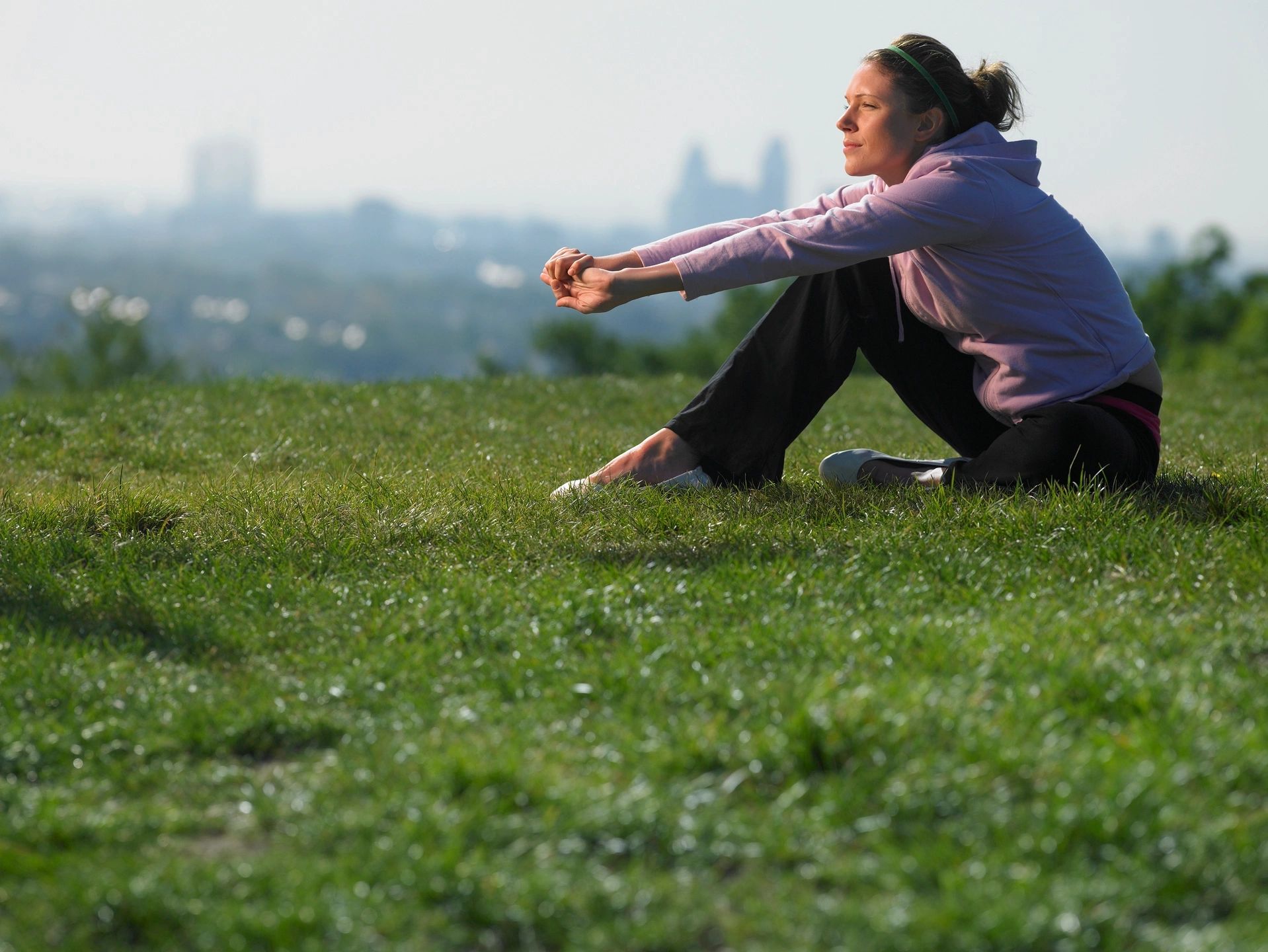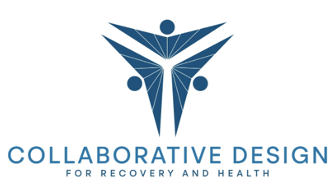-
Lessons Gleaned from the Golden Era of Vocational Rehabilitation

By Jessica M. Brooks, PhD, CRC Throughout World War I and II, there were increased demands for military industrial products in the US. Due to the inadequate supply of able-bodied male workers resulting from the millions of men called to military duty, increased numbers of women, minority groups, and immigrants were recruited to enter the…
-
Loneliness is the #1 Need of People with Mental Health Conditions

The impact of loneliness on health is similar to that of smoking 15 cigarettes a day. A national survey of peer support specialists found loneliness was the number #1 unmet need of people with serious mental illness (SMI). #1 Loneliness was identified as the leading unmet need among people with SMI. People with SMI experience loneliness at approximately…
-
Defining the Role of Peers in Integrated Care

By Jo Bower There are multiple dimensions to health—health is not just symptom monitoring, but it is also our social relationships, how we grew up, and even where we live. Not surprisingly, peer supporters are increasingly being included in integrated care models that address multiple dimensions of health. In some states, peer supporters are established…
-
Peer Support and Self-Management May Impact Early Mortality

People with a lived experience of a mental health condition have a reduced life expectancy of 11-30 years compared to the general population. This disparity in mortality has been said to be due to cardiovascular disease, obesity, and tobacco use. A critical strategy to improve health and impact early mortality rates in people with a…
